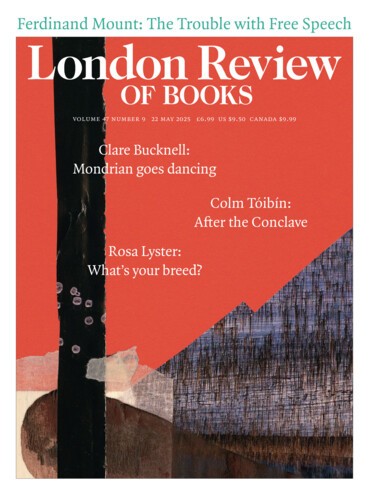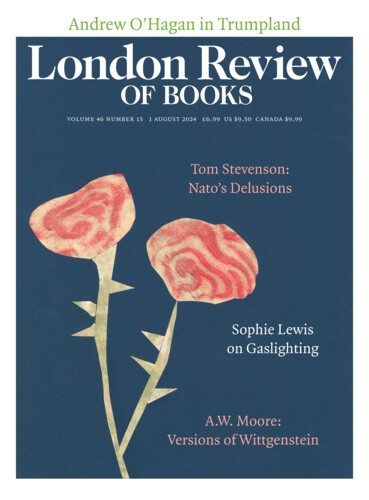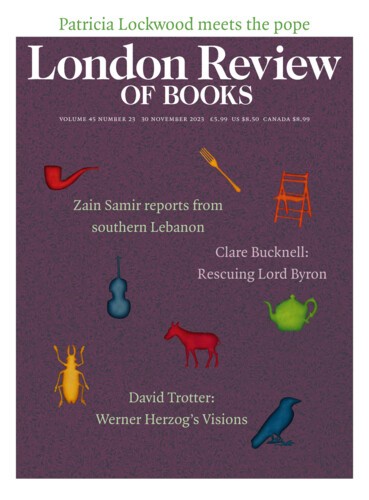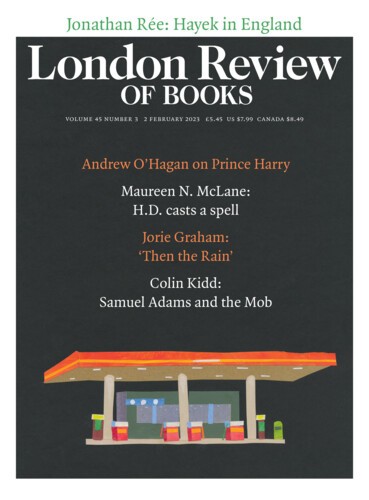Only one of them had elephants: Hannibal and Scipio
Michael Kulikowski, 22 May 2025
In August 378 AD, the Roman army suffered a catastrophic defeat at Adrianople, near modern Edirne on what is now the Turkish-Bulgarian border. Tens of thousands of soldiers were slaughtered when the Gothic cavalry fell on the Roman flank. The high command of the eastern empire was almost completely wiped out and the Emperor Valens died on the battlefield, his body never recovered. Amid the...





